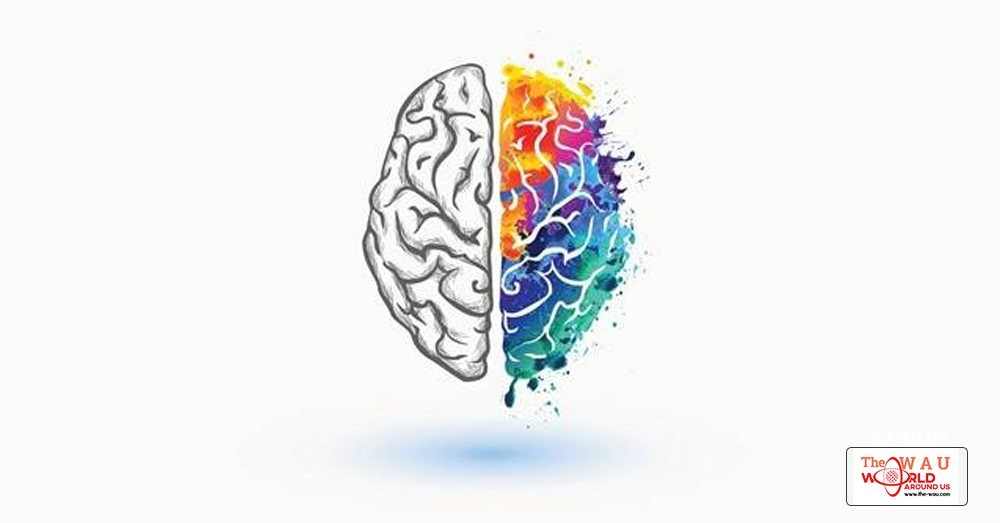Why, why, why? You ask yourself every time a crowd fails to help an accident victim on road, or when you find e-bay user LuckBoy93 listing his old iPhone 4S for Rs 20,000.
Of course, the world is full of bizarre people, you may say, people with lower ethical standards and a peanut sized brain. In that case, let me remind you about the numerous times, you thought you could finish the semester-long material on the night before the exam, why was that?
As best-selling author David McRaney points out, "whether you're deciding which smartphone to purchase or which politician to believe, you think you are a rational being whose every decision is based on cool, detached logic, but here's the truth: You are not so smart. You're just as deluded as the rest of us--but that's okay because being deluded is part of being human." So here are answers for 6 baffling human behaviours, according to psychology:
1.Why you buy over-priced goods on sale?

We all love sales. End of the season sales, stock clearance sales, winter sales, summer sales, festival sales, it goes on. Strangely, the retail brands also know that we love sales, and it is the best way to sell their stock for a good profit. Now you may wonder, how do they make a profit when they sell their goods at a discounted price.
Sadly, the discounted price is the trick to the whole act and it can be explained a psychological phenomenon called Anchoring Effect. "Anchoring is a cognitive bias that describes the common human tendency to rely too heavily on the first piece of information offered (the "anchor") when making decisions" as per Harvard Law School's report on Negotiation Strategies and Negotiation Techniques.
During decision making, anchoring occurs when individuals use an initial piece of information to make subsequent judgments. Once an anchor is set, other judgments are made by adjusting away from that anchor, and there is a bias toward interpreting other information around the anchor. So when you see a pair of shoes that generally worth around Rs.1000, priced Rs 6000 with a 50% off, you completely ignores the original worth and start to think about the Rs 3,000 you will save from the 50% off. When in reality you are actually overspending Rs 2000.
...[ Continue to next page ]
Share This Post















